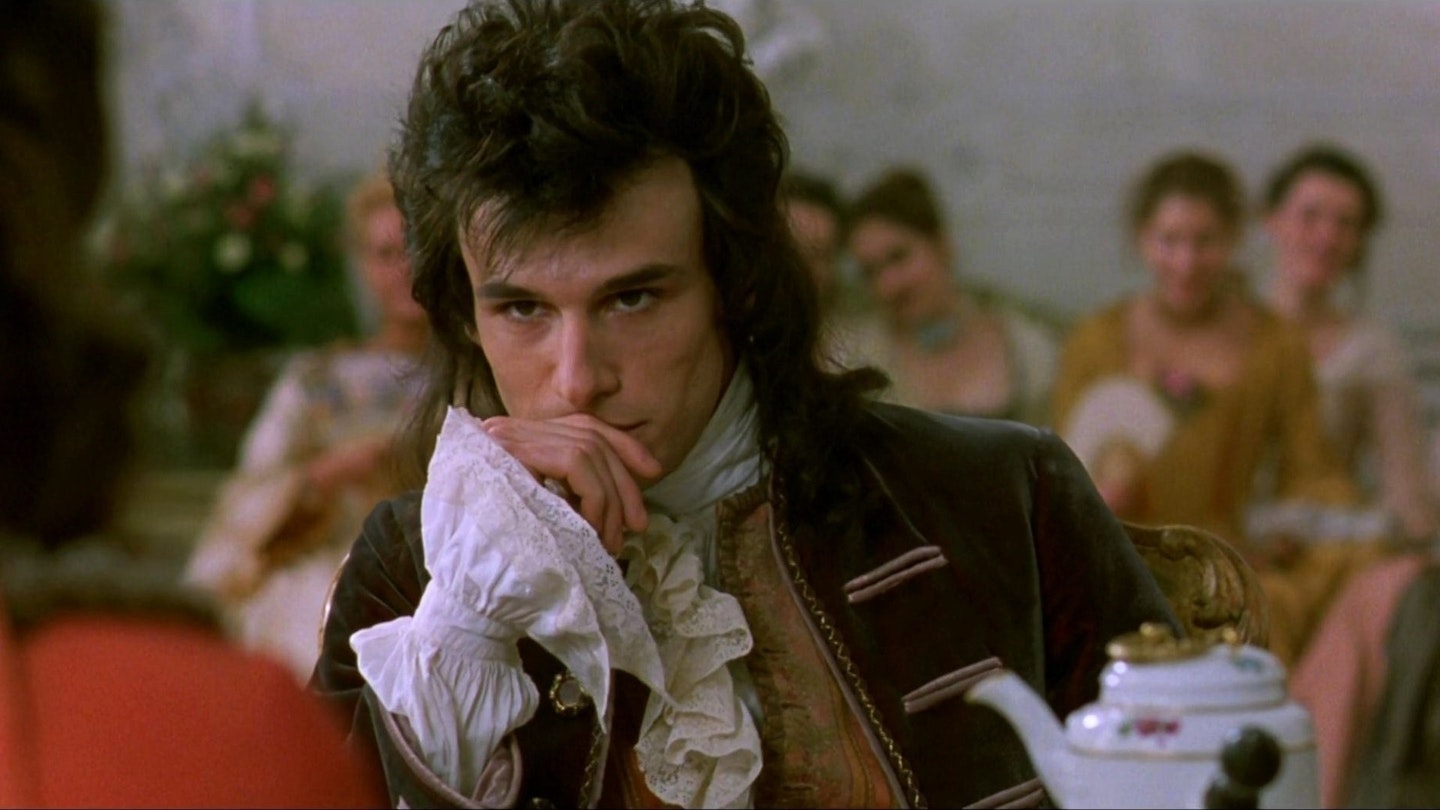This Golden Globe-winning Franco-Belgo-Italian pudding, which sweeps through 18th Century Europe, is the tale of celebrated castrato singer, "Farinelli" (Dionisi), and his varying fortunes - in particular his complex relationships with his less talented composer brother Riccardo (Lo Verso) and the composer Handel (Krabbe).
Events start confusingly, whipping backwards and forwards in time, showing the rise of the young Carlo Broschi aka Farinelli, and close behind, his brother. Thankfully, the narrative soon settles into a passionate, sweaty melodrama. Farinelli - looking like a bizarre hybrid of Alvin Stardust and a Vegas showgirl - makes women cry and faint with emotion, producing "musical orgasms" which he exploits by seducing them after each performance before passing them onto his short, looks-deficient brother.
Fame and its accompanying riches do not satisfy the singer, however, who has nasty flashbacks to the trauma of his castration at the age of ten and secretly dreams of singing to Handel's music rather than his brother's soulless, showy compositions. After much gallivanting, the singer finally arrives in England to meet with Handel and the young, infatuated Alexandra (meltingly played by Elsa Zylberstein).
Dionisi relies on conveying emotion through quivering lips and liquid eyes, with plenty of swooning thrown in, Lo Verso is the more impressive, and in parts is genuinely frightening in his intensity.
